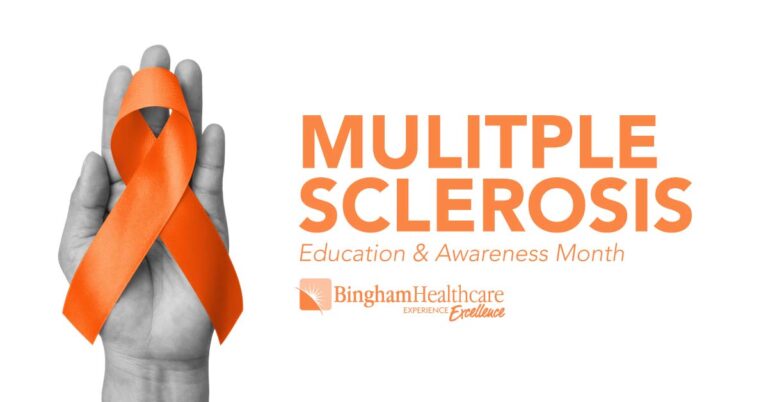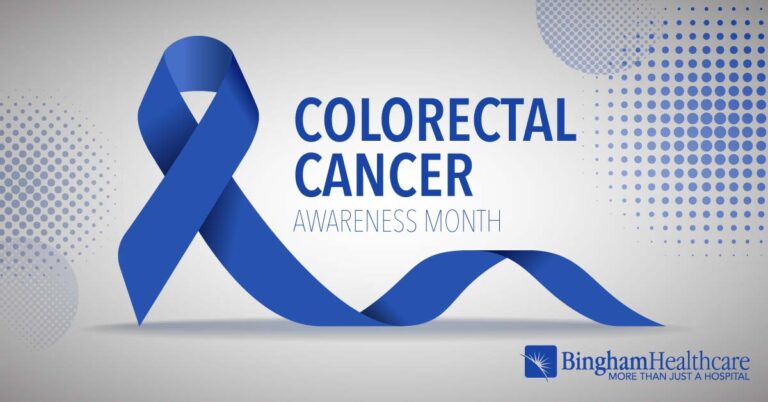
The 20s: Your Guide to Staying Healthy for Life By the Decade
Keeping yourself healthy at every age.
It shouldn’t be surprising, but if you’re a woman, most likely you’re busy with a capital B-U-S-Y. Over the years, your health may have fallen off the priority list, but now it’s time to give your well-being the VIP treatment. Starting today, it’s important for every woman, at every age, to create a foundation of good health.
Our team of obstetricians and gynecologists (OB/GYNs) at the Bingham Memorial Women’s Center will be discussing how you can stay healthy throughout your life. In this special five-part women’s health series, they’ll share what you should be doing to stay healthy—by-the-decade.
Starting with advice for women in their 20s, Dr. Sushila Arya, OB/GYN at Bingham Memorial Women’s Center, provides healthy strategies and important screenings that should be scheduled regularly, along with simple things women in their 20s can be doing on a daily basis to manage their health.
IN YOUR 20’S
Focus on: Establish a healthy lifestyle that includes annual checkups and practicing safe sex.
Stay-healthy strategies: Annual screenings and doctor appointments? Those may sound like things more suited to your grandparents, but it’s important that you start a healthy ritual of annual checkups with your primary care physician and your OB/GYN.
Also, ensure future health success by maintaining your weight, eating a healthy diet and incorporating exercise into your routine.
“Maintaining a healthy body mass index, or BMI, is important at this age,” says Dr. Arya. “Being overweight sets you up for diabetes and cardiovascular disease later in life.”
Screenings to schedule: Start getting Pap tests and a clinical breast exam every three years at age 21. A Pap test is done by gently taking some cells from your cervix. These cells are checked for changes that could be, or become, cancer. (The cervix is the narrow entryway between the vagina and the uterus. The muscles of the cervix are flexible so that it can expand to let a baby pass through during birth.)
In addition, get screened every year for common sexually transmitted diseases (STDs) such as gonorrhea and chlamydia after you become sexually active.
Schedule a physical with your primary care physician to check your blood pressure and to determine which immunizations you need. You should get a tetanus shot every 10 years, and the Office on Women’s Health recommends those 26 and younger (to age 9) complete the HPV vaccine series. (The HPV vaccine helps guard against the human papillomavirus, which can cause genital warts and is the major cause of cervical cancer.)
Many women in their 20s are planning to start a family, and there are a couple of important things you should do to prepare for your first child. Make sure you have an OB/GYN and are discussing your family plans, and you can also start taking a daily prenatal vitamin that contains at least 400 micrograms of folic acid. Folic acid is important in all stages of a baby’s growth because it helps brain and nervous system development and supports the function of the body’s basic building block, our DNA.
“When taken before and during pregnancy, folic acid can also prevent certain birth defects,” says Dr. Arya.
Do It Yourself: Take a daily multivitamin that contains folic acid, calcium and vitamin D.
Summary (Click the Infographic to enlarge)
Women in their 20s are at risk for melanoma (skin cancer), human papillomavirus, high cholesterol and breast cancer.
Recommended yearly tests and screenings in your 20s:
- Annual wellness exam
- Blood pressure (at every doctor’s appointment)
- Cholesterol check (every 5 years)
- Depression screening
- Flu Shot
- Pap smear (every 3 years)
- Skin screening
- Tetanus shot (every 7 to 10 years)
About Sushila Arya, MD
Dr. Arya is a member of the Bingham Memorial Women’s Center. As an OB-GYN, Dr. Arya is qualified to care for your women’s healthcare needs. As a wife and mother, she also understands the challenges facing today’s women. She encourages patients to be open with her so she can provide the best care for them. Dr. Arya is always welcoming new patients. To schedule a consultation, please call 782-3900.
If you enjoyed this article, you may like our other articles:
Return to Health Matters for Women, December 2014 Edition
Return to Articles


